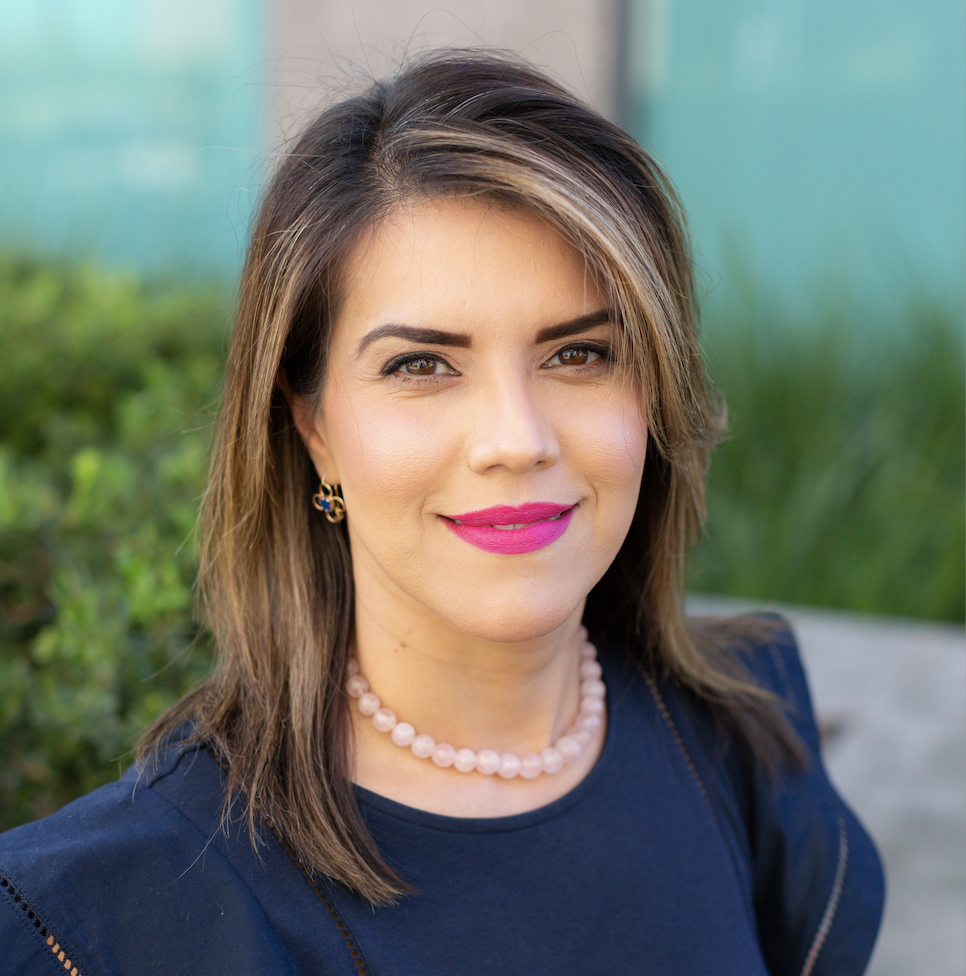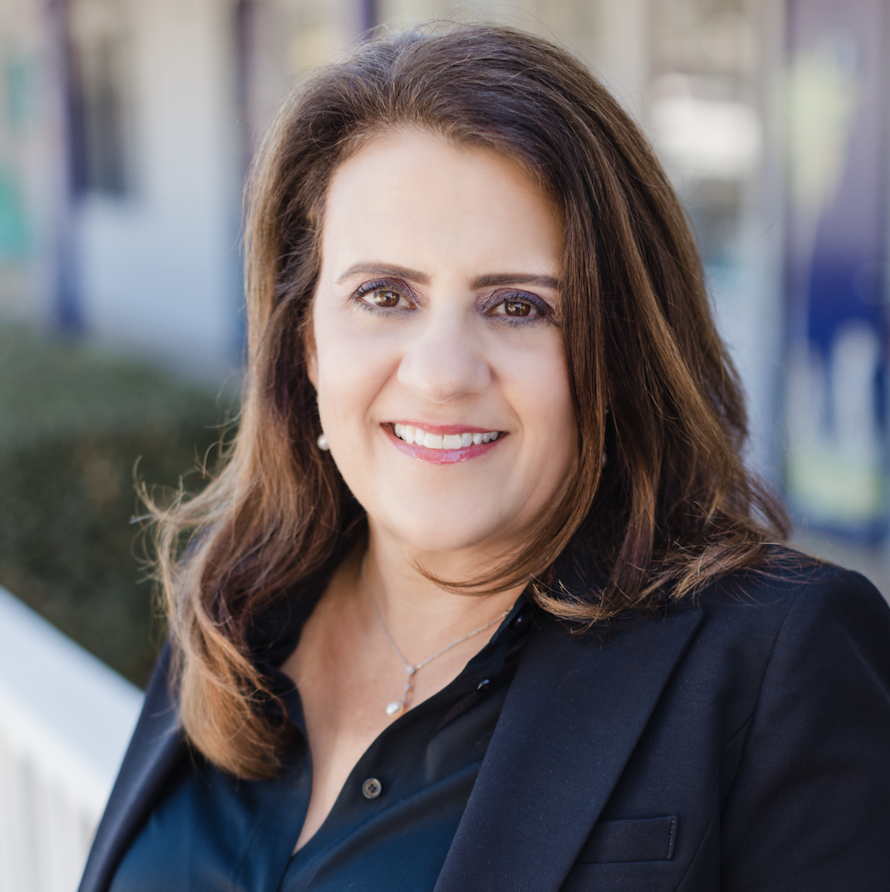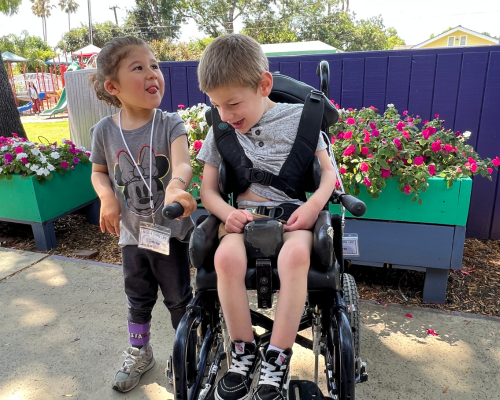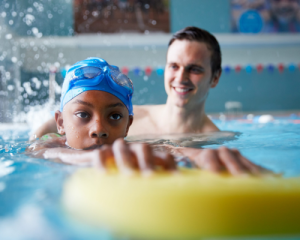Learn how to help your child with special needs have an enriching summer camp experience.
Choosing a summer camp — and preparing your child with special needs for the experience — can be a daunting task for parents and caregivers. But the reward is well worth the effort when kids can make positive, enriching summer camp memories.
The first step is finding a camp that is supportive of your child’s unique needs, provides inclusive and adaptive programming, has trained staff members, and is supportive of children’s imagination and exploration. For many families, finding a camp that can accommodate siblings can ease summer schedules and build in sibling bonding through shared experience. Many camps have experience catering to children with various special needs and disabilities, and provide supportive staff members who can make accommodations for campers as needed.
Creating a relationship with the camp ahead of time can smooth the path for communication during camp days. Most camps provide ample information on their website, so that’s a great place to start. Reach out in advance of registration to ensure there will be enough time to address your questions and concerns before signing up.
Share with the camp what your expectations are and what you’re hoping to get out of the experience, and listen carefully to ensure the camp is ready to meet those expectations. If your child has any really exceptional needs, disclose that ahead of time to ensure that the camp will be able to handle those needs.
For example, two local camps are the Beyond Blindness inclusive summer camp, promoting social development and independence for children with disabilities and their siblings, in which trained teen volunteers are paired with campers for a 1:1 ratio — that ratio can be an important factor in a family’s decision. Unlimited Possibilities’ UP to Us Club offers activities to children and teens with and without disabilities, and a place for adventure and friendship where inclusion thrives. This program also includes an annual iCan Bike Camp, which teaches children with special needs how to ride on two wheels with the help of community volunteers.
Some great questions to ask summer camps include:
- Is the camp willing to accommodate children with special needs?
- Does the camp include both typical and atypical children, or allow siblings to attend?
- Do campers take any field trips? How often, if at all, do they go off campus?
- What training is provided to volunteers or camp counselors?
- What is the ratio of volunteers or counselors to campers?
- How does the camp handle taking children to the restroom?
- Does the camp provide snacks or food? How do they handle allergies or special needs regarding food?
- Will the camp adjust its schedule or activities to meet the needs of campers (for example, shortening time of activities, providing alternative options or adaptive activities, or offering additional support)?
Once you’ve done the research and chosen a camp, parents and caregivers can prepare children for the experience by taking children on a tour of the camp space to build their comfort with the location, talking them through what the camp schedule will be like, answering any questions the child may have about going to camp, and building excitement for the coming adventure through a countdown or calendar. Introducing children to camp staffers ahead of the first day can also help ease any anxiety a child might have about attending a summer camp and give them a friendly, familiar face to look for on their first day.
Remember — you are the best advocate for your child before and during summer camp. With careful research and planning, camp can be a fantastic experience and make lasting, positive memories for your child.
By Ramin Baschshi, M.D., and Angie Rowe


Ramin Baschshi, M.D., serves as president and chief executive officer of Unlimited Possibilities (UP), is the board chair of First 5 Orange County and sits on the board of Westcliff University. Angie Rowe is the president and chief executive officer of Beyond Blindness, which empowers children with visual impairments and other disabilities to achieve their fullest potential. She is also a board member of First 5 Orange County.








Leave a Reply